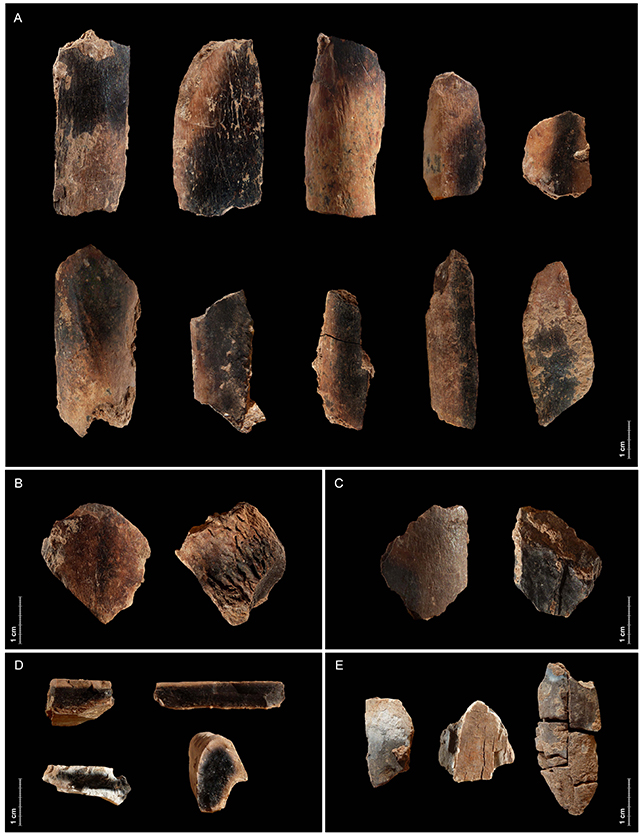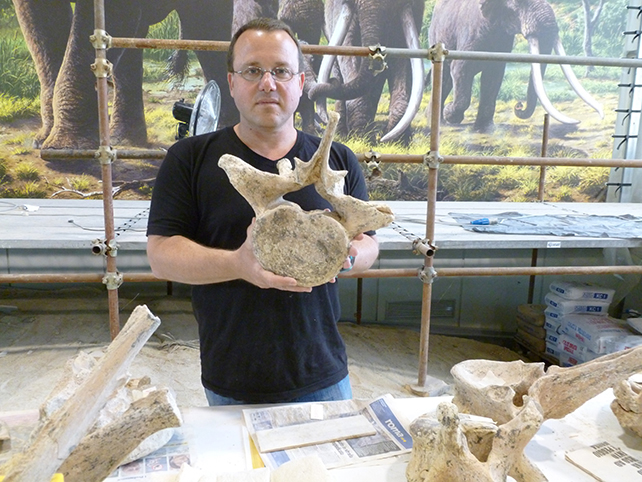Long before the days of electricity and fridge freezers, meat was preserved by smoke. A new study suggests the practice could stretch back almost 2 million years, and may even be a primary reason our ancestors started making fires in the first place.
While the generation of flames is inextricably linked with the rise of humans, in the earliest days it would've required significant time and effort to ignite and keep fires lit. The benefits of preserving meat may have been a key reason why that time and effort was worth it.
The study is the work of two researchers from Tel Aviv University in Israel, and follows their previous studies linking human evolution to the hunting of large animals and the shrinking size of those animals over time.

Nine different historical sites across South Africa, Kenya, Israel, Ethiopia, and Spain were analyzed for the study. The researchers looked at the sizes of the animal remains found at the locations and their estimated age, with some of the bones thought to be almost 2 million years old.
"The process of gathering fuel, igniting a fire, and maintaining it over time required significant effort, and they needed a compelling, energy-efficient motive to do so," says paleoanthropologist Miki Ben-Dor.
"We have proposed a new hypothesis regarding that motive."
The researchers note that wherever fire was found at these sites, so were large animal remains – not just plants and small prey. What's more, they calculated the energy gains from cooking and eating this big game meat straight away, compared with preserving it.
Combining these factors provides strong evidence that these fires weren't lit just for warmth or to cook the large animals straight away, the researchers argue. The energy needed to keep a fire going would have outweighed the energy from a meal or two of cooked meat.

Not only could the flames have smoked and dried more of the meat so it could last longer, they would also keep away other scavengers eager to feast on the food the early humans had caught – such as a hippo or a rhino.
"For early humans, fire use was not a given, and at most archaeological sites dated earlier than 400,000 years ago, there is no evidence of the use of fire," says Ben-Dor. "Nevertheless, at several early sites, there are clear signs that fire was used, but without burnt bones or evidence of meat roasting."
"We understand that early humans at that time – mostly Homo erectus – did not use fire regularly, but only occasionally, in specific places and for special purposes."
An ancient elephant, for example, could keep a couple dozen people fed for up to 3 months, the researchers calculated. Those millions of calories are worth preserving, a return on the investment of going out to hunt.
"In this study, we propose a new understanding of the factors that motivated early humans to begin using fire," says archaeologist Ran Barkai.
"It is likely that once the fire was produced for these purposes, it was also occasionally used for cooking – at zero marginal energetic cost."
The research has been published in Frontiers in Nutrition.
